Free Modular Homes in the UK: Can you go prefab at no cost?
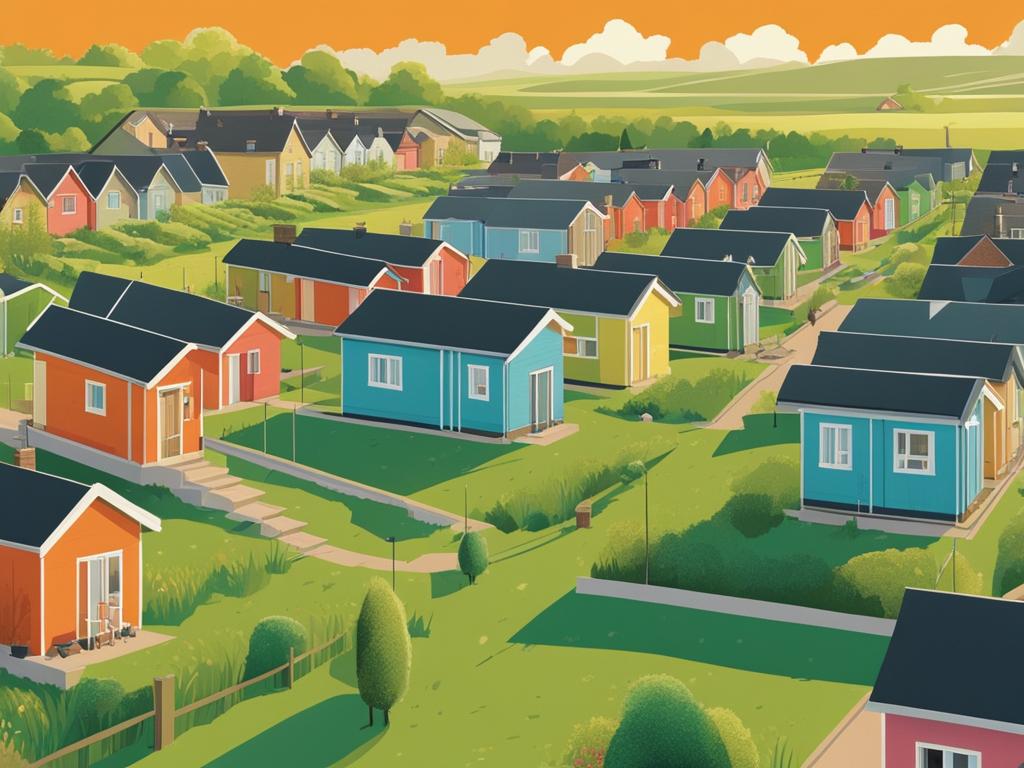
Modular homes in the UK offer a cost-effective and sustainable solution for those looking to own a home. The controlled environment in which they are constructed allows for efficient use of resources and reduced labor costs. This translates to significant savings for buyers. Additionally, modular homes offer customization options, allowing buyers to choose the finishes and features that fit their budget and lifestyle. Historically, modular homes played a crucial role in addressing the housing shortage after World War II.
Key Takeaways:
- Modular homes in the UK are an affordable housing option.
- They are built in a controlled environment, resulting in cost and resource savings.
- Buyers can customize their modular homes to suit their budget and lifestyle.
- Modular homes have a rich history in addressing post-WWII housing shortages.
Modular homes in the UK offer several benefits. Firstly, they are designed to be energy-efficient, resulting in lower energy bills for homeowners. They are also built using sustainable materials and construction techniques, reducing their environmental impact. Additionally, modular homes are cost-effective due to the controlled manufacturing process, which leads to savings in labor and materials. This makes them an attractive option for budget-conscious buyers looking for affordable and eco-friendly housing solutions.
The Benefits of Modular Homes
Modular homes in the UK offer several benefits that make them an attractive option for those in search of sustainable and cost-effective housing.
Firstly, modular homes are designed to be energy-efficient, resulting in lower energy bills for homeowners. The use of sustainable materials and construction techniques further decreases their environmental impact, making them an eco-friendly choice.
Additionally, the controlled manufacturing process of modular homes leads to savings in labor and materials, making them cost-effective. This affordability, combined with the energy-efficient nature of these homes, makes them an ideal option for budget-conscious buyers.
Modular homes bring together the principles of sustainable housing, energy-efficient design, cost-effective construction, and eco-friendly materials to provide homeowners with a comfortable and environmentally conscious living space.
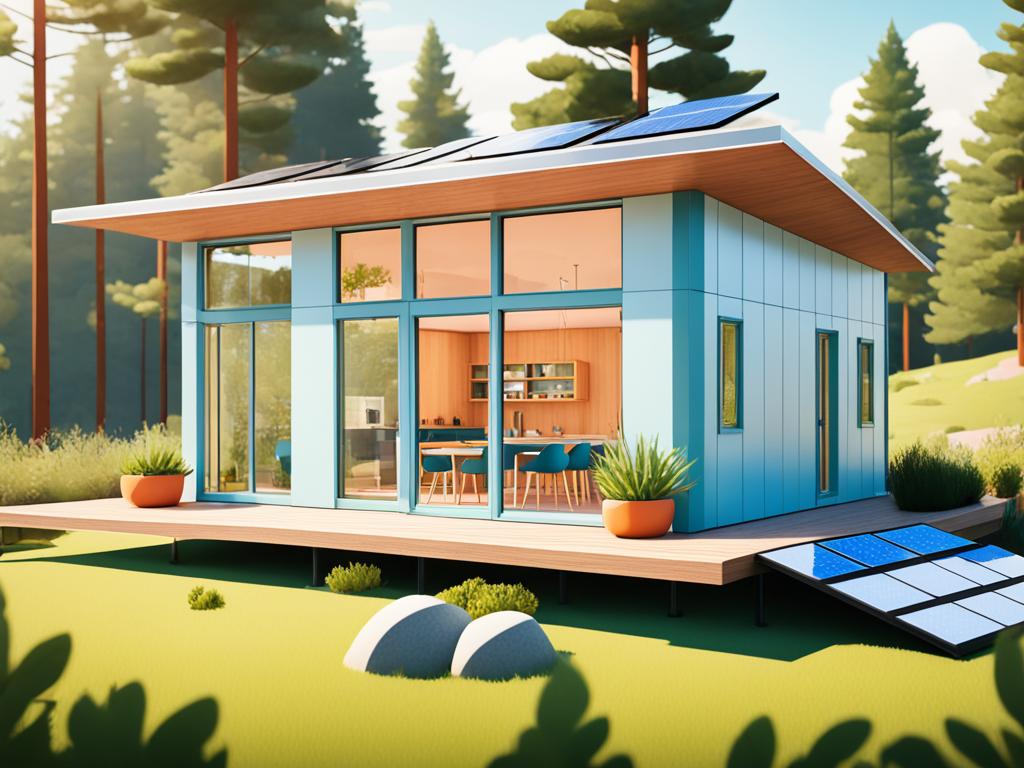
Customization Options for Modular Homes
One of the advantages of modular homes is the high level of customization they offer. Buyers can choose from a wide range of designs and floor plans to suit their specific needs and preferences.
Modular home builders provide options for energy-efficient features, smart home technology, and sustainable materials, allowing homeowners to tailor their homes according to their budget and lifestyle. Whether it’s a traditional home or a modern design with ample natural light, customization options are abundant for modular homes.
With modular homes, the possibilities are endless. Buyers can select the size, layout, and architectural style that best suits their vision. They can choose the number of bedrooms and bathrooms, the placement of windows and doors, and the overall flow of the home’s interior.
Additionally, modular homes offer a range of customization options for energy efficiency and sustainability. Homeowners can opt for features such as solar panels, energy-efficient appliances, and advanced insulation to maximize energy savings and reduce their carbon footprint.
Modular homes also allow for customization in terms of smart home technology. Homeowners can integrate smart thermostats, lighting systems, and security features to enhance convenience and make their homes more efficient and secure.

Furthermore, modular homes provide the flexibility to choose from a variety of sustainable materials. From eco-friendly flooring options to recycled countertops, homeowners can select materials that align with their values and minimize environmental impact.
Overall, the customization options available for modular homes ensure that buyers can create a home that is uniquely theirs. Whether they desire a cozy cottage or a modern masterpiece, modular homes offer the freedom to design and personalize every aspect of their new home.
Examples of Prefabricated Homes Under £100,000
When it comes to finding affordable modular homes in the UK, there are several real-life examples that showcase the possibility of building a functional and stylish home within a tight budget. These homes demonstrate that cost-effective housing options are available for those looking to own a home without breaking the bank.
Whether you’re interested in a basic self-build kit or a more luxurious package, modular homes offer a range of options that cater to different budgets and preferences. From compact and efficient designs to spacious and contemporary layouts, there is a modular home to suit every taste.
These prefabricated homes under £100,000 vary in size and design, allowing homeowners to customize their living spaces according to their needs. With modular home builders offering a variety of customizable features and finishes, buyers can create a home that is tailored to their individual style and requirements.
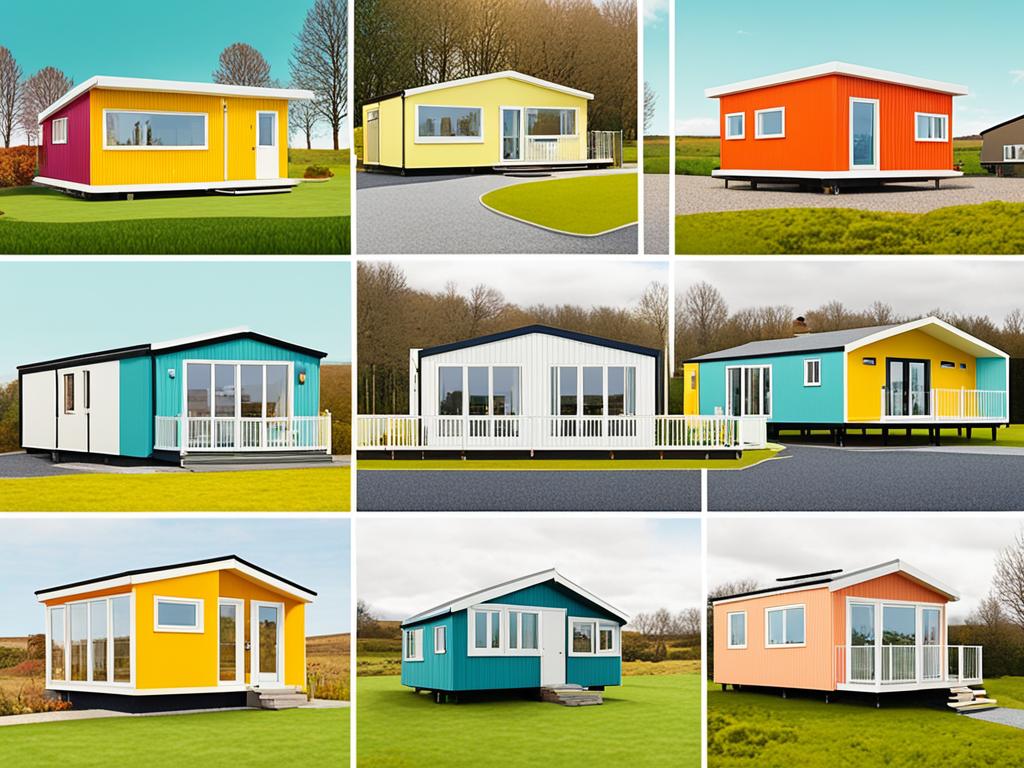
By opting for a modular home, buyers can enjoy the benefits of affordability without compromising on quality or aesthetics. These pre-fabricated homes combine cost-effective construction techniques with design flexibility, providing a smart solution for those seeking an affordable and stylish living space in the UK.
In the next section, we will explore the speedy construction process of modular homes and the advantages it offers for homeowners.
Speedy Construction of Modular Homes
Modular homes are renowned for their speedy construction times. Unlike traditional building methods, where construction takes place on-site and is subject to weather conditions and other variables, most of the building process for modular homes occurs in a controlled factory environment. This controlled environment enables a more efficient and streamlined build process, resulting in faster construction timelines.
By utilizing a time-efficient build process, modular homes minimize the potential for delays and issues often encountered on traditional building sites. This systematic approach ensures that each component is properly fabricated and inspected before being delivered to the site for final assembly. As a result, homeowners can enjoy a quicker path to homeownership, moving into their new homes sooner.
With the majority of the construction taking place in the factory, modular homes reduce the disruption and inconvenience typically associated with prolonged on-site building. The streamlined construction process not only saves time but also reduces the overall cost, making modular homes an attractive option for those seeking a time-efficient and affordable housing solution.
Materials Used for Modular Homes
Modular homes are constructed using high-quality materials that are often cheaper and readily available compared to traditional construction materials. These materials provide durability, energy efficiency, and environmentally friendly characteristics, making modular homes a sustainable choice.
Timber Frames
Timber frames are commonly used in the construction of modular homes. They offer structural strength and flexibility, allowing for various architectural designs. Timber frames are also renewable, as they can be sourced from sustainable forests. Their natural thermal properties provide insulation, reducing energy consumption and costs.
Energy-Efficient Insulation
Modular homes prioritize energy efficiency, and insulation plays a vital role in achieving this. High-quality insulation materials, such as mineral wool or rigid foam, are used to minimize heat transfer, keeping the interior of the home comfortable year-round. Energy-efficient insulation helps reduce reliance on heating and cooling systems, promoting sustainability.
Durable Cladding Options
Modular homes offer a range of durable cladding options, allowing homeowners to personalize the exterior appearance. Brick, stone, or wood cladding not only enhances the aesthetic appeal but also provides protection against the elements. These materials are known for their longevity, low maintenance requirements, and resistance to wear and tear.
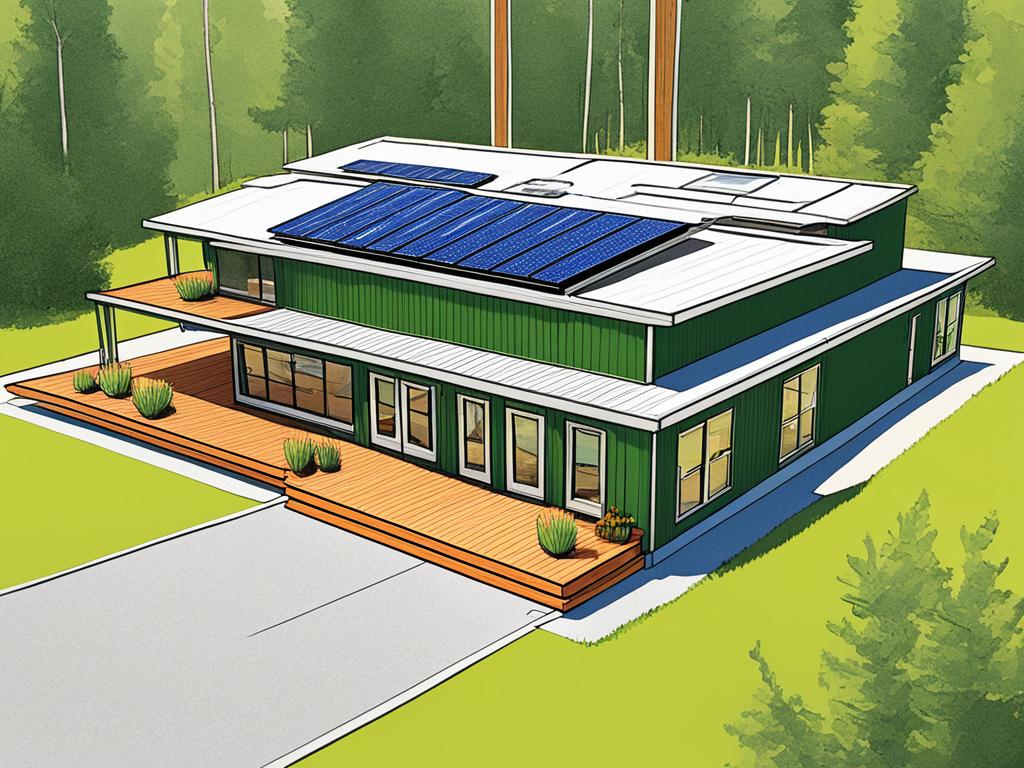
Building and Transportation of Modular Homes
The construction of modular homes involves the efficient process of prefabricating the components in a factory and transporting them to the building site. This method minimizes on-site construction time and ensures a smoother and quicker building process.
Modular homes are typically divided into modules that can easily fit on the back of lorries for transportation. These modules are then carefully assembled on-site, making use of the precision already achieved during the factory construction stage. This eliminates the need for extensive on-site construction and reduces the risk of delays or issues that are commonly encountered in traditional building projects.
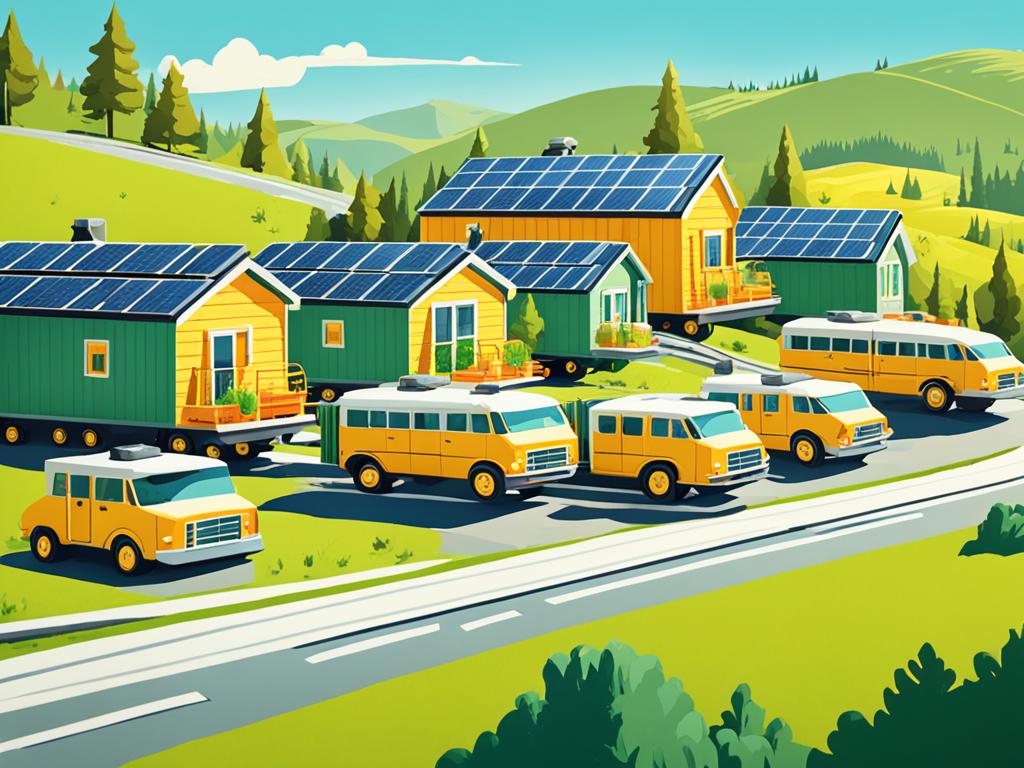
Once the modules have been transported and positioned on-site, the finishing touches are added to complete the construction process. This includes key elements such as roofing and cladding, which are carefully installed to ensure a secure and aesthetically pleasing final result.
The combination of off-site construction and streamlined transportation significantly minimizes the time required to build a modular home. It also offers several advantages for homeowners, including the ability to access their new home sooner and the reduced potential for construction-related disruptions.
Conclusion
Modular homes offer a cost-effective, sustainable, and time-efficient solution for those in search of affordable housing in the UK. With advances in design, customization options, and construction techniques, the future of modular housing in the UK looks promising.
Despite being a nascent industry, modular housing is gaining momentum as more people recognize the benefits of prefab homes. The controlled environment in which they are constructed allows for efficient use of resources and reduced labor costs, resulting in significant savings for buyers.
As the industry continues to grow, modular homes are expected to play a significant role in meeting the housing needs of the country. The ability to customize these homes according to individual preferences and budgets further adds to their appeal. With energy-efficient features, smart home technology, and sustainable materials, modular homes offer a range of options for those looking for affordable and eco-friendly housing solutions.
FAQ
Can I get a modular home in the UK for free?
While there are affordable modular homes available, getting a modular home for free is unlikely. However, there are government schemes and grants that can assist with the cost of modular housing.
What are the benefits of choosing a modular home?
Modular homes offer sustainable and energy-efficient housing solutions. They are cost-effective, customizable, and can be built in a shorter timeframe compared to traditional homes.
Can I customize the design of a modular home?
Yes, modular home builders offer a range of customization options. You can choose from various designs, floor plans, and energy-efficient features to suit your specific preferences and budget.
Are there examples of prefab homes in the UK that are affordable?
Yes, there are real-life examples of prefab homes in the UK that have been built for under £100,000. These homes demonstrate that it is possible to have a stylish and functional home within a tight budget.
How quickly can a modular home be constructed?
Modular homes have a faster construction time compared to traditional homes. The controlled manufacturing process allows for a more streamlined and efficient build, resulting in a quicker path to homeownership.
What materials are used in the construction of modular homes?
Modular homes are constructed using high-quality materials, including timber frames, energy-efficient insulation, and durable cladding options such as brick, stone, or wood. These materials ensure both cost-effectiveness and environmental friendliness.
How are modular homes built and transported?
Modular homes are constructed in a factory-controlled environment and then transported to the building site in modules. These modules are assembled on-site, and the finishing touches, such as roofing and cladding, are completed.
What is the future of modular housing in the UK?
The modular housing industry is expected to continue growing in the UK, with modular homes playing a significant role in meeting the country’s housing needs. With advancements in design, customization options, and construction techniques, the future of modular housing looks promising.

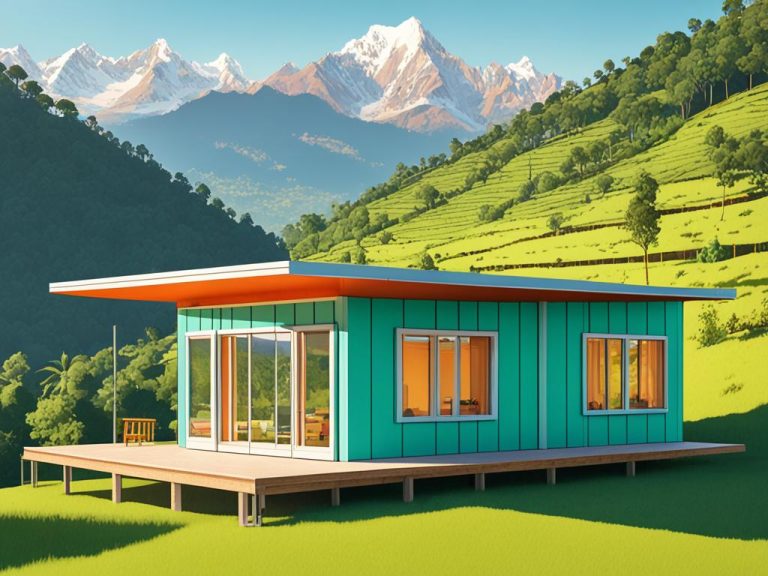
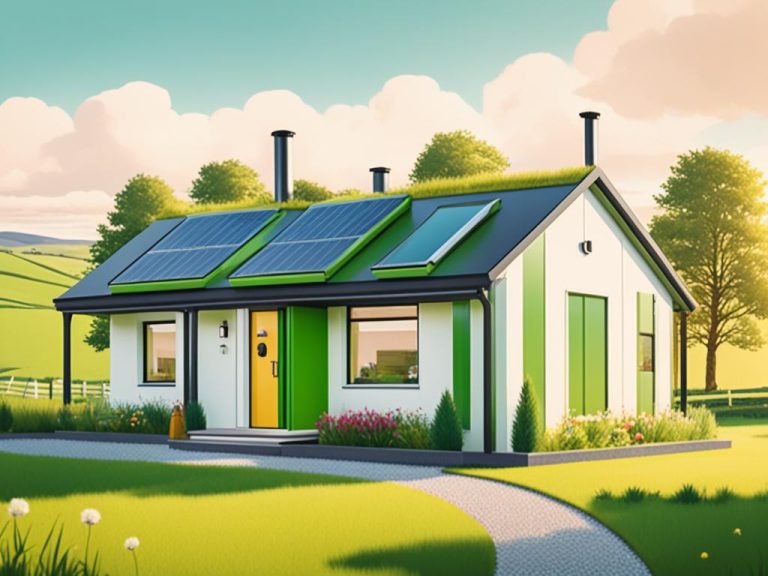
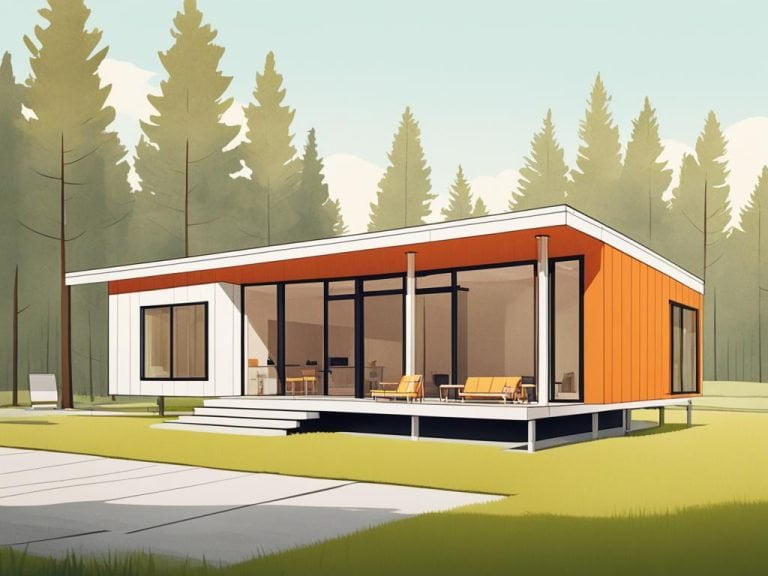
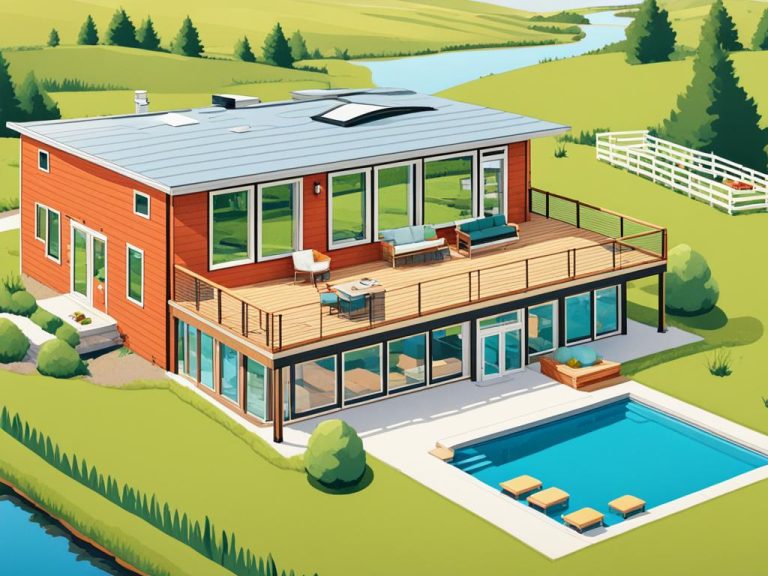
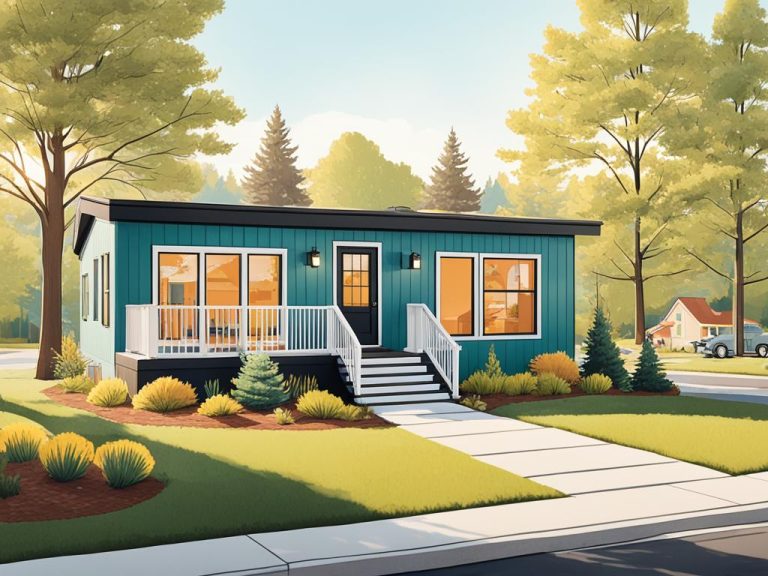

Discover how Rodrygo https://sao-paulo.rodrygo-br.com a football player from Sao Paulo, overcame adversity to become a world football star.
Discover Nuno Mendes’ journey https://manaus.nuno-mendes.com from his first years in Portugal to his success at the Brazilian club Manaus, its adaptation and impact on the local community.
From Championship to Premier League https://crystal-palace.eberechi-eze.com How Eberechi Eze achieved success at Crystal Palace, overcoming adversity and injuries.
Discover the story of Magic Johnson https://brasilia.magicjohnson.biz from his first steps in martial arts to recognition international in Brasilia.
Find out more about Mikel Merino’s https://real-sociedad.mikel-merino.com professional career and success at Real Sociedad, from his early years to his main victories at the club.
Your articles never fail to captivate me. Each one is a testament to your expertise and dedication to your craft. Thank you for sharing your wisdom with the world.
Thank you for your sharing. I am worried that I lack creative ideas. It is your article that makes me full of hope. Thank you. But, I have a question, can you help me?